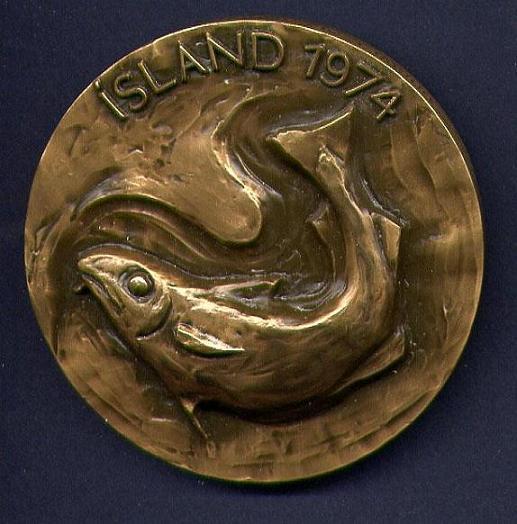Why Journalists Get so much Wrong - The Problem and the Fix
Here is an example of poor journalism that submariners will understand immediately. An eHow user asks, "How Much Do Culinary Specialists on a Submarine Make?"
eHow answers are written exclusively by hired writers (journalists*). The one who answered the question above:
"...has appeared in magazines such as "Food & Wine," "Gourmet" and "Wine Spectator." He is a graduate of the Le Cordon Bleu College of Culinary Arts and has cooked professionally in Paris, New York and Las Vegas..."And I would guess that although he is very good at writing and his culinary specialties, he and eHow are unaware of his limitations.
2) Report contrary assessments by dissenting experts when topics are controversial.
3) Never write an opinion piece without related education and experience that sets you apart from uneducated, inexperienced readers.
How many misleading and inaccurate items can you find in eHow's answer? (e.g.: How many E-7 through E-9 CSs on your sub? How many commissioned or warrant officer CSs? Is that a Russian sub in the photo?) Obviously the answer's author might not have been paid if he had disclosed his lack of expertise to readers. Lets put the blame squarely where it belongs: with eHow's management.
Submarines are always silent and strange.
* Journalism is the practice of investigation and reporting of events, issues and trends to a broad audience in a timely fashion. Though there are many variations of journalism, the ideal is to inform the intended audience.
Labels: journalistic best practices eHow submarine Culinary Specialists


0 Comments:
Post a Comment
<< Home